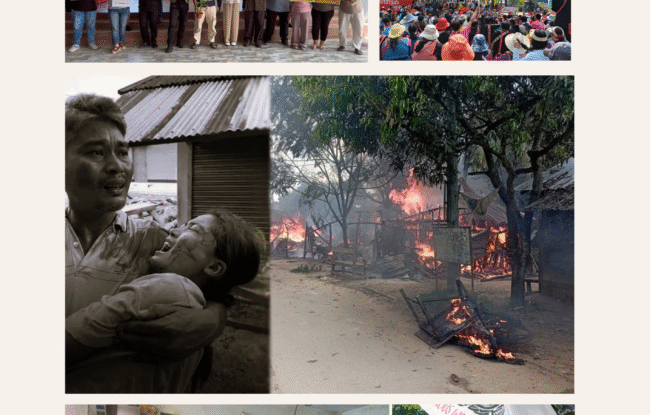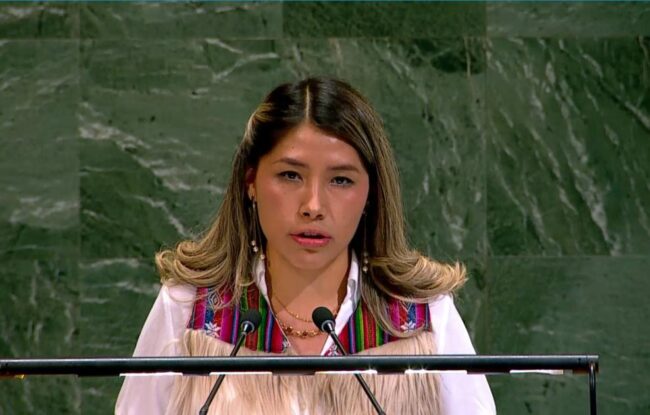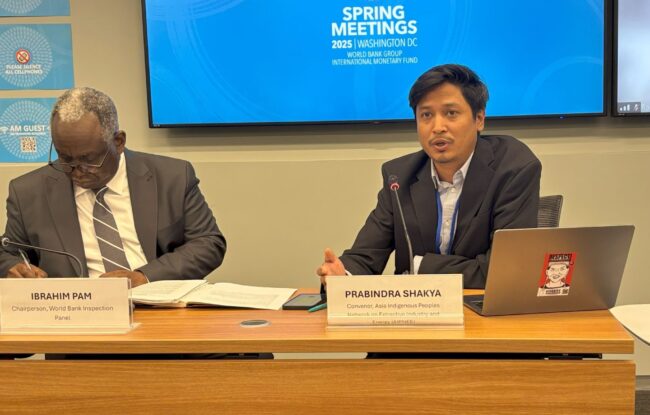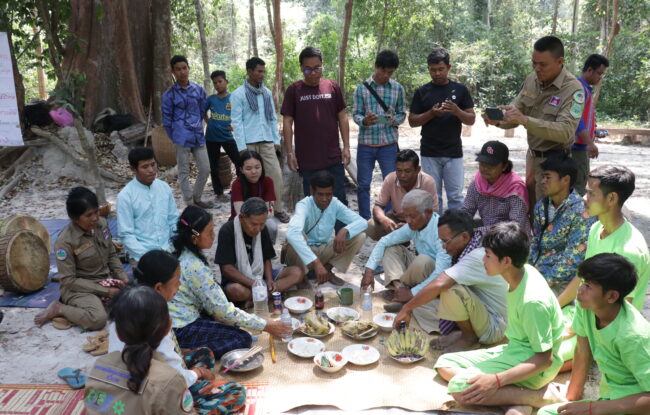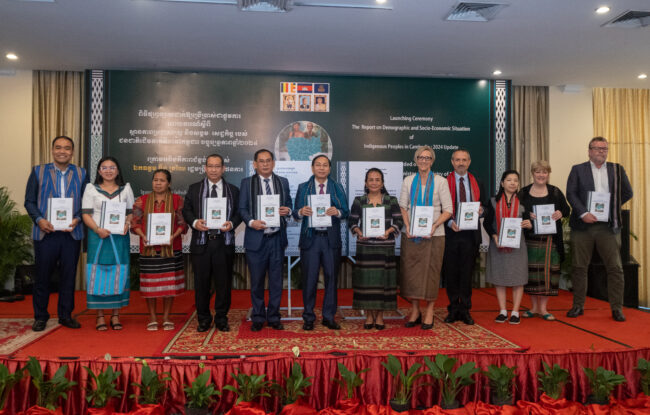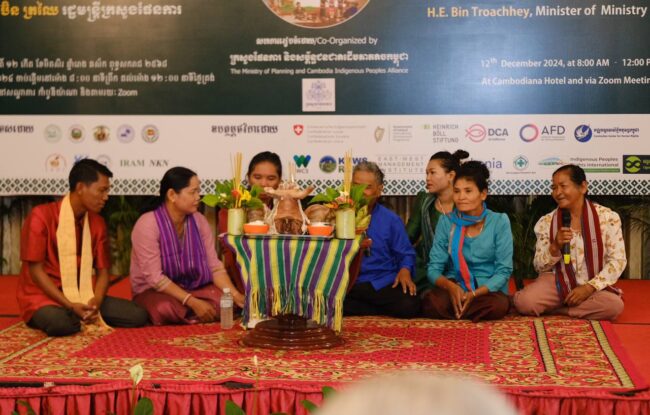




Loading
AIPP joins the global community in commemorating Human Rights Day 2025 under the theme “Our Everyday Essentials,” which highlights how human rights are fundamental to daily life. This reaffirms the core values of the Universal Declaration of Human Rights (UDHR): Freedom, Equality, and Justice for All. Yet across Asia, Indigenous Peoples continue to face systemic rights violations, persistent discrimination, and exclusion from decision-making. Despite states’ commitments, the realities on the ground continue to undermine this year’s global theme. Read more at: https://bit.ly/…
A Global Recognition of Resilience and Leadership In a landmark decision that echoes centuries of struggle and resilience, the United Nations General Assembly officially adopted a resolution on November 26, 2025, designating September 5th as the annual “International Day of the World’s Indigenous Women and Girls.” This designation is not merely a symbolic gesture on a calendar. It is a profound acknowledgment of the pivotal …
July 16 2025 We, members of Indigenous Peoples of Asia and the Pacific, Indigenous rights defenders, and representatives of Indigenous Peoples Organizations, having engaged in the ongoing review of the Accountability Mechanism (AM) Policy (2012) of the Asian Development Bank (ADB) through the Indigenous Peoples Advisory Group (IPAG) present the following preliminary recommendations for the Policy review. Firstly, we appreciate the dedicated consultations undertaken with Indigenous Peoples’ representatives for the Policy review through the IPAG, including our virtua…
By Chhan Solatin and Blen Romam Introduction Cambodia's rich cultural tapestry is woven with a diverse array of Indigenous communities, each possessing unique traditions and practices that have been passed down through generations. These time-honored customs, often referred to as Indigenous Customary Rules (ICRs), play a vital role in governing various aspects of community life, from land management and resource allocation to social relations and conflict resolution. Definition an…
In a groundbreaking move, Cambodia has become the first country in Southeast Asia to produce a comprehensive National Report on the Demographic and Socio-Economic Situation of Indigenous Peoples in Cambodia. This pioneering document marks a significant step forward in understanding and addressing the unique challenges faced by Indigenous Peoples in the Kingdom. Durin…
On 12 December 2024, Cambodia unveiled a new chapter in understanding its Indigenous peoples with the launch of the National Report on the Demographic and Socio-Economic Situation of Indigenous Peoples in Cambodia. This report doesn’t just offer statistics—it tells the story of communities rich in culture yet persistently marginalized. The report lays bare the juxtaposition of progress and inequity. Literacy rates among Indigenous peoples have climbed, school enrollment has surged, and more households now enjoy access to elect…








 Refine Search
Refine Search

